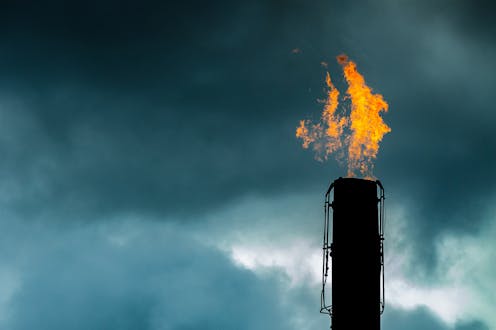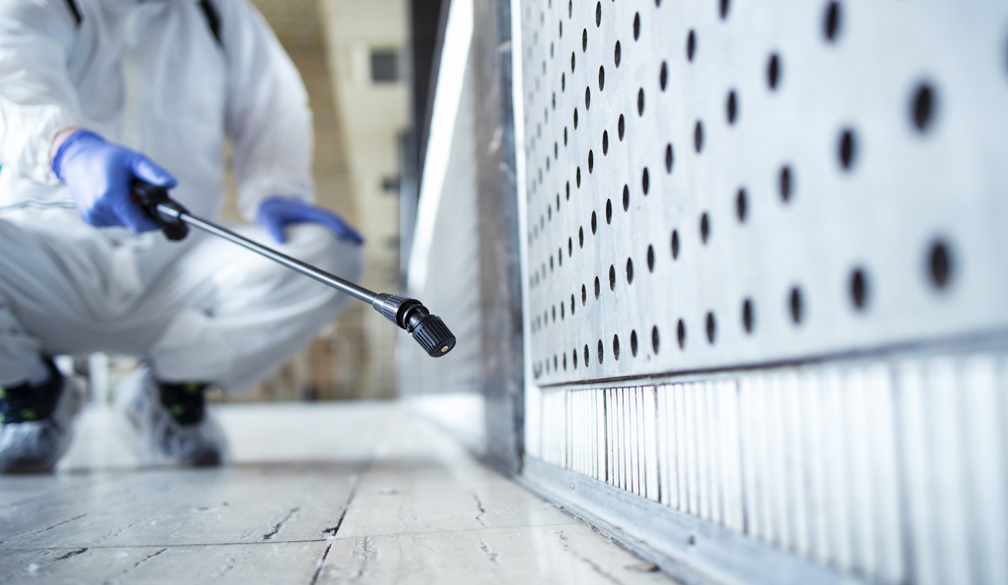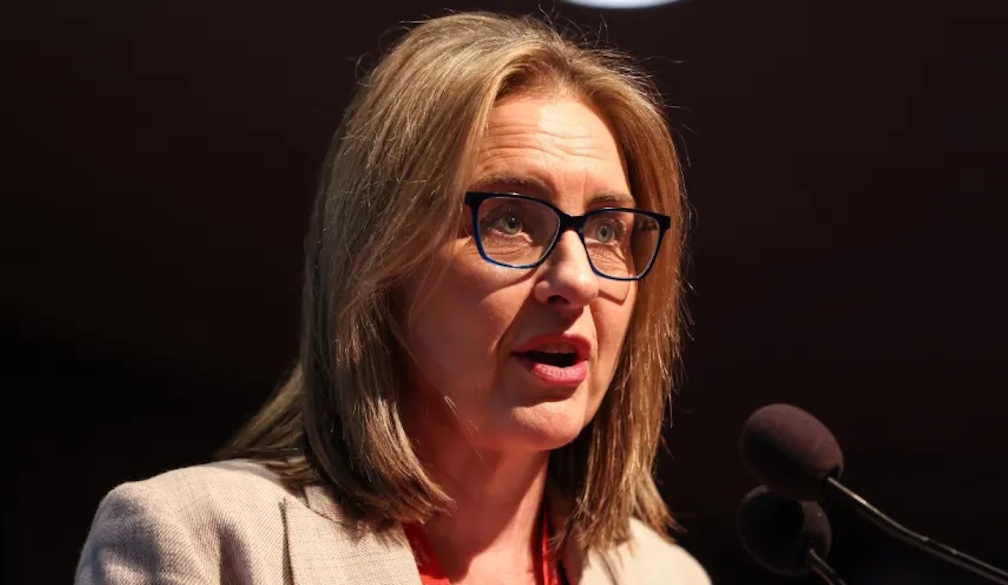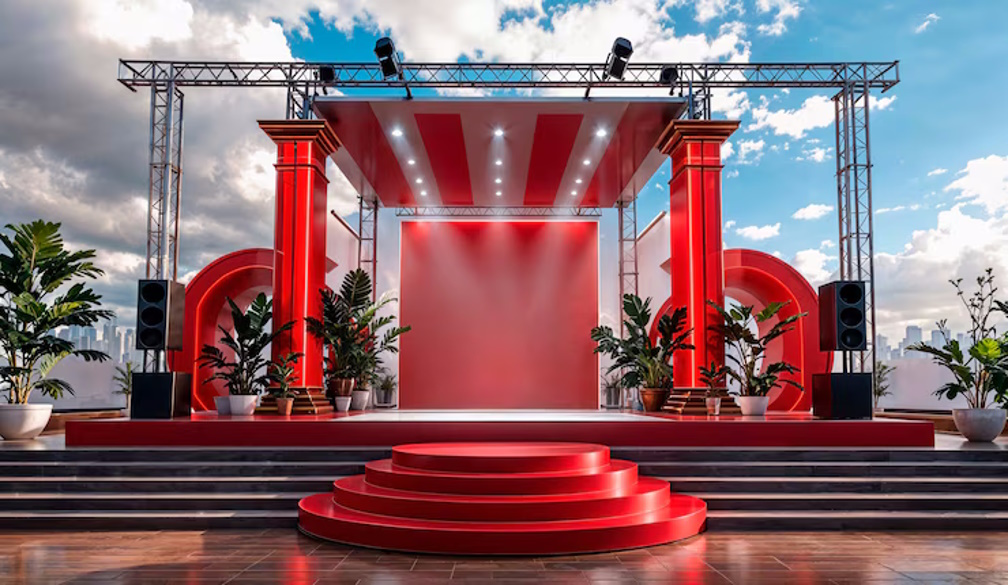Ross Garnaut and Rod Sims have proposed a $100 billion-a-year fossil fuel tax – and it’s a debate Australia should embrace
- Written by Ian A. MacKenzie, Professor of Economics, The University of Queensland

Leading Australian economists Ross Garnaut and Rod Sims this week sought to shake up the carbon policy debate in Australia, by proposing[1] a tax on the nation’s fossil fuel production. They claim it could raise A$100 billion in its first year and position Australia at the forefront of the low-carbon revolution.
The proposal has been rejected by the federal government and the Nationals, as well as business groups and the fossil fuel industry. The Greens have thrown their support behind the idea.
Garnaut and Sims have characterised their proposal as a “levy”. But it’s essentially a tax, applied to one sector of the economy: exporters of fossil fuels such as coal and gas, as well as importers of oil and diesel.
Australia’s recent political history tells us the road to a carbon tax is not smooth. However, as other nations race to restructure their economies in line with a low-carbon future, Australia risks being left behind. Whether to introduce a major, economy-shaping tax on fossil fuels is a conversation Australia must have.
How would the plan work?
The respected economists presented the plan[2] to the National Press Club this week. It involves a “carbon solutions levy” applied to all fossil fuel extraction sites in Australia (around 105 sites), and on all fossil fuel imports to Australia. The tax would presumably be calculated according to the emissions generated when the fuels are burned.
Garnaut and Sims say proceeds in the first year of the levy would be well over A$100 billion. They say the money should be spent on a rapid acceleration of Australia’s renewable energy expansion, as well as subsidising the development of low-carbon manufacturing for products such as steel and aluminium.
The proceeds would also be spent on cost-of-living relief for consumers, such as energy bill relief and scrapping the current excise on petrol and diesel fuel.
Garnaut told the National Press Club the global transition to net-zero represents a huge opportunity Australia must seize:
We can use it to raise productivity and living standards after the decade of stagnation. Other countries do not share our natural endowments of wind and solar energy resources, land to deploy them, as well as land to grow biomass sustainably as an alternative to petroleum and coal for chemical manufacture.
In the zero-carbon economy, Australia is the economically natural location to produce a substantial proportion of the products currently made with large carbon emissions in Northeast Asia and Europe.
And as Garnaut also outlined in his speech, climate change threatens Australia’s economy, which remains heavily dependent on exporting fossil fuels.
Is the levy a good idea?
Carbon dioxide emissions cause global warming, which damages the planet and its people. The purpose of a carbon tax, or levy, is to ensure polluting companies pay for the damage they cause. In theory, the taxes make polluting production processes more expensive than the alternatives, reducing demand for those products.
The world, including Australia, has committed to reaching net-zero emissions by 2050. It’s a big task and we need to act fast. Economists broadly agree[3] carbon taxes are the most efficient, lowest-cost way to reduce greenhouse gas emissions. So the proposal makes good policy sense.
Australia had a carbon price, or tax, from 2012 until 2014. It was introduced by Labor but repealed by the Abbott Coalition government. The policy was working: analysis[4] showed emissions in Australia’s national electricity market would have been 11 million to 17 million tonnes higher without the measure.
Of course, sound policy ideas do not always come to fruition. After more than a decade of the so-called “climate wars” in Australia, the term “carbon tax” remains politically unpalatable.
Unsurprisingly, the plan proposed this week was immediately rejected[5] by Labor and the Nationals. Even less surprising was the strong rebuff from business groups such as the Australian Chamber of Commerce and Industry, and the fossil fuel lobby.
Read more: Climate change is forcing Australians to weigh up relocating. How do they make that difficult decision?[6]
The rest of the world got the memo
Putting a price on carbon is not groundbreaking policy. Many countries[7] do it – either as direct taxes or emissions trading schemes[8].
Notably, from 2026 a European Union tariff on carbon-intensive imports[9] will come into effect. Known as the “carbon border adjustment mechanism”, it means importers will have to report on – and pay for – the emissions created when producing goods such as iron and steel.
The policy is designed to level the playing field for EU manufacturers that must pay a penalty for their own pollution. Imports from countries where a carbon price applies would be exempt from the tariff.
In coming years, we can expect other jurisdictions to implement similar policies to guard their domestic industries. Australia must protect its export revenue by expanding its production of low-carbon goods, or else find itself stuck with expensive, emissions-intensive products that no-one wants to buy.
It’s also important to remember Australia is a relatively small economy with little clout in global trade. To remain serious trading partners, we must come to the table with adequate climate policies.
And finally, imposing a carbon levy in Australia would ensure we get to keep the revenue for ourselves. The potential proceeds are enormous, and could be spent raising the living standard for all Australians.
My only real quibble with the plan is the proposal to set the levy at the level of the EU’s five-year average carbon price, currently around $90 a tonne. This puts Australia at the mercy of economic conditions in Europe. We’d be far wiser to determine the price ourselves.
Read more: Carbon pricing works: the largest-ever study puts it beyond doubt[10]
Will such a levy ever happen?
Garnaut and Sims know their policy is a bold one – and will have its detractors. But as the world comes to terms with the economic reality of climate change, Australia risks being left behind.
As Garnaut told the ABC, everyone is a winner under the plan, except fossil fuel companies which, he conceded[11], “will hate it”. That may be true. But climate change is wreaking havoc on human communities, on natural systems, and on the global economy. It’s only fair that those responsible pay for the damage.
The political hurdles are high, but not insurmountable. Australia already penalises polluting companies via the safeguard mechanism[12], which imposes a hard cap on industrial emissions. Ten years ago, such a policy seemed highly unlikely, but we got there.
A carbon levy of the type proposed is an eminently sensible approach to get to net zero. This is a policy debate whose time has come. Let’s bring it on.
Read more: Wholesale power prices are falling fast – but consumers will have to wait for relief. Here's why[13]
References
- ^ proposing (www.theguardian.com)
- ^ the plan (cdn.sanity.io)
- ^ broadly agree (link.springer.com)
- ^ analysis (theconversation.com)
- ^ immediately rejected (www.theaustralian.com.au)
- ^ Climate change is forcing Australians to weigh up relocating. How do they make that difficult decision? (theconversation.com)
- ^ Many countries (unfccc.int)
- ^ emissions trading schemes (www.journals.uchicago.edu)
- ^ tariff on carbon-intensive imports (www.reuters.com)
- ^ Carbon pricing works: the largest-ever study puts it beyond doubt (theconversation.com)
- ^ he conceded (www.abc.net.au)
- ^ safeguard mechanism (theconversation.com)
- ^ Wholesale power prices are falling fast – but consumers will have to wait for relief. Here's why (theconversation.com)














